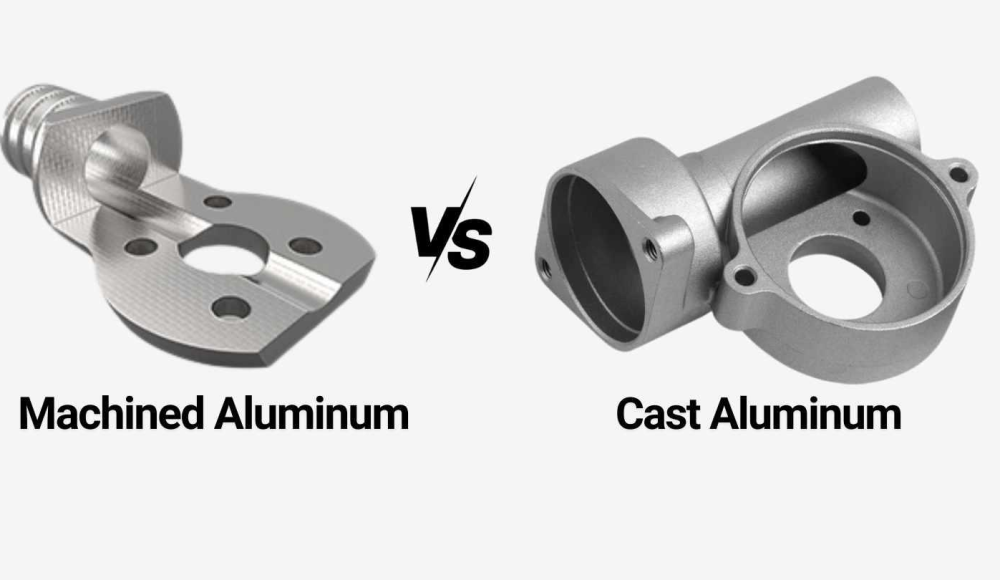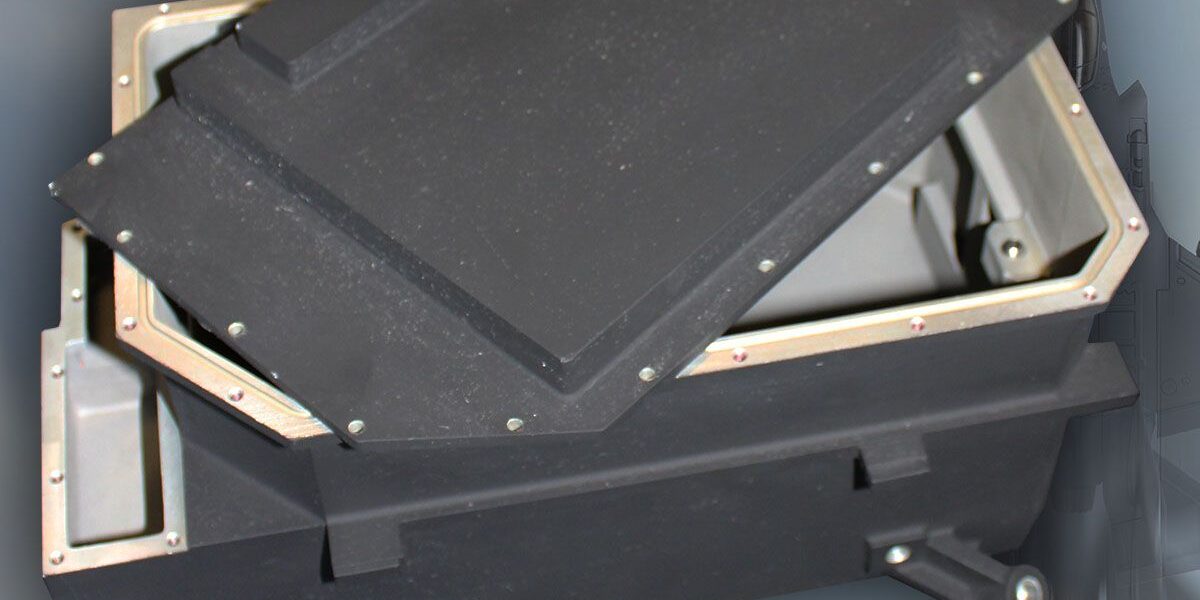Exactly How Factory Provider Enhance Production Efficiency and High Quality in Industrial Applications
Factory services play a vital function in enhancing production efficiency and quality throughout different commercial applications. By applying innovative metal spreading methods, these solutions ensure parts are made with accuracy and uniformity. This not just decreases lead times but likewise decreases waste, fostering far better cooperation in between suppliers and foundries. The impact of high-quality components on functional performance raises crucial concerns regarding the future of commercial production. What technologies exist ahead in this evolving landscape?
The Function of Factory Providers in Streamlining Production Processes

In addition, shops commonly give expertise in alloy growth, enabling manufacturers to utilize sophisticated materials that boost item efficiency. The collaboration between shops and suppliers fosters a much better understanding of production requirements, bring about optimized procedures and improved product designs. By leveraging foundry solutions, manufacturers can accomplish greater flexibility, adjust to transforming market demands, and keep competitiveness in the market. Generally, the duty of factory services is necessary in facilitating a more effective and economical manufacturing landscape.
Advanced Technologies in Foundry Procedures
Cutting-edge technologies are transforming factory procedures, considerably enhancing efficiency and precision. Automation plays a vital duty, with robot systems improving repeated tasks such as molding and material handling. Furthermore, innovations in computer-aided style (CAD) and computer-aided manufacturing (WEBCAM) systems enable factories to develop complicated geometries with greater precision and minimized product waste.
The integration of fabricated knowledge (AI) and equipment understanding boosts top quality control by keeping an eye on processes in real-time and forecasting prospective issues prior to they happen. Using innovative materials, such as light-weight alloys and compounds, additionally enhances the performance qualities of cast items.
Moreover, 3D printing innovation is transforming prototyping and tooling, allowing for fast customization and minimized lead times. Collectively, these advanced modern technologies not just boost manufacturing efficiency but also assure that the end products meet strict quality standards, positioning foundries at the forefront of modern commercial applications.
Lowering Lead Times Via Efficient Factory Practices
Efficient shop techniques play a vital role in decreasing preparations within production environments. By executing streamlined production procedures and progressed organizing strategies, manufacturers can enhance operations and maximize source appropriation. These renovations not only increase result however likewise add to total functional performance.
Structured Production Procedures
Improving production procedures is vital for minimizing lead times in the production industry. Efficient shop techniques, including enhanced workflows and resource administration, play an essential role in accomplishing this objective. By reducing waste and improving communication among teams, foundries can considerably improve their functional efficiency. The implementation of standardized procedures additionally contributes to constant top quality and faster turnaround times, enabling suppliers to respond more promptly to market needs. In addition, the integration of innovative technologies, such as automation and real-time surveillance systems, aids in recognizing traffic jams and assisting in prompt interventions. Overall, a concentrate on streamlined production procedures not just increases preparations but likewise boosts the general competition of commercial applications, making certain that items fulfill client assumptions effectively.
Advanced Organizing Techniques
Effective manufacturing procedures naturally lead suppliers to explore sophisticated organizing strategies as a method to additionally reduce lead times. By utilizing innovative algorithms and software application, shops can optimize operations, aligning production schedules with demand forecasts and resource availability. Techniques such as Just-In-Time (JIT) organizing lessen stock prices while guaranteeing timely material delivery, therefore enhancing operational performance. Furthermore, incorporating real-time information analytics enables foundries to prepare for potential hold-ups and change schedules proactively. This versatility not only enhances operations yet likewise increases general performance. Furthermore, joint planning with distributors and consumers can foster an extra integrated supply chain, more lowering lead times. Ultimately, these innovative scheduling techniques empower shops to achieve greater efficiency and superior quality in their manufacturing processes.
Guaranteeing Precision and High Quality in Metal Casting
Ensuring accuracy and high quality Resources in steel spreading needs a careful method that encompasses every stage of the manufacturing procedure. This process starts with mindful design and design of the molds, guaranteeing they can endure the molten metal's temperature and stress. The choice of top notch raw materials is essential, as pollutants can compromise the end product.
Once the products are prepared, precise temperature control during melting and putting is fundamental to achieve the preferred residential or commercial properties in the actors metal. Keeping track of solidification and cooling prices more warranties dimensional precision and surface coating.
Quality control techniques, such as non-destructive testing and assessment, are crucial to identifying issues early in the process. Aluminum Casting Company. Furthermore, utilizing experienced personnel who understand the subtleties of steel spreading adds significantly to maintaining high requirements. On the whole, these techniques collectively boost the dependability and efficiency of actors elements in different industrial applications
Decreasing Waste and Maximizing Source Use

Additionally, recycling scrap steel within the foundry itself can substantially reduce waste, transforming by-products right into usable resources. Lean manufacturing principles also add to lose reduction by streamlining processes and removing unnecessary actions, bring about more efficient operations.
Regular upkeep of tools assurances peak performance, stopping break downs that can result in squandered materials. By focusing on these strategies, shops not just decrease prices but additionally add to sustainable methods, straightening with the expanding demand for eco accountable manufacturing techniques in industrial applications.
The Competitive Advantage of High-Quality Parts on the market
Top quality elements provide a considerable competitive benefit in the foundry market, where accuracy and durability are paramount. Makers that prioritize premium products and workmanship can improve product efficiency and integrity, bring about increased client contentment. This advantage is particularly obvious in sectors such as automobile and aerospace, where component failure can published here have devastating repercussions.
Moreover, high-grade elements commonly cause lower maintenance expenses and prolonged item lifespans, which can be enticing selling points for potential clients. As market demands grow for lasting and reliable modern technologies, the emphasis on quality ends up being much more vital. Business that purchase top notch factory solutions not only boost their manufacturing processes yet additionally differentiate themselves from competitors who may compromise high quality for expense savings. The commitment to high-quality parts ultimately translates right into a more powerful market setting and long-term organization success.
Regularly Asked Concerns
What Sorts of Materials Do Shop Provider Generally Collaborate With?
Foundry services usually deal with metals such as light weight aluminum, steel, iron, and brass, in addition to numerous alloys. They likewise handle materials like porcelains and compounds, dealing with diverse industrial requirements and specifications in making procedures.
How Do Foundry Solutions Influence Overall Supply Chain Management?
Factory services considerably boost supply chain administration by improving product sourcing, decreasing preparations, and making sure consistent high quality. Their capability to offer customized options promotes partnership among stakeholders, ultimately improving general functional performance and responsiveness in manufacturing.
What Industries Advantage Most From Factory Solutions?
Industries such as automobile, aerospace, building and construction, and consumer products considerably take advantage of shop services. These markets count on precision spreadings to meet rigorous high quality criteria and enhance their overall manufacturing procedures and product performance.
Are Shop Providers Environmentally friendly and lasting?
Factory services can be sustainable and eco-friendly, especially when using innovative technologies and procedures - Aluminum Foundry. Technologies such as recycling products, reducing emissions, and maximizing power usage add to reducing their ecological influence in industrial applications

Just How Can Companies Pick the Right Foundry Company?
Companies can select the ideal foundry provider by reviewing experience, manufacturing capacities, top quality accreditations, modern technology made use of, client evaluations, and sustainability methods while ensuring placement with their details job needs and lasting service click this goals.
Foundry services play an important role in boosting production efficiency and quality throughout different industrial applications. The collaboration in between factories and manufacturers fosters a much better understanding of manufacturing demands, leading to optimized procedures and boosted item designs. Reliable shop methods play a necessary duty in decreasing lead times within manufacturing settings. By employing advanced algorithms and software application, shops can enhance operations, straightening manufacturing routines with need forecasts and source availability. Business that spend in top quality shop services not only boost their manufacturing procedures but also separate themselves from rivals who might give up high quality for cost financial savings.